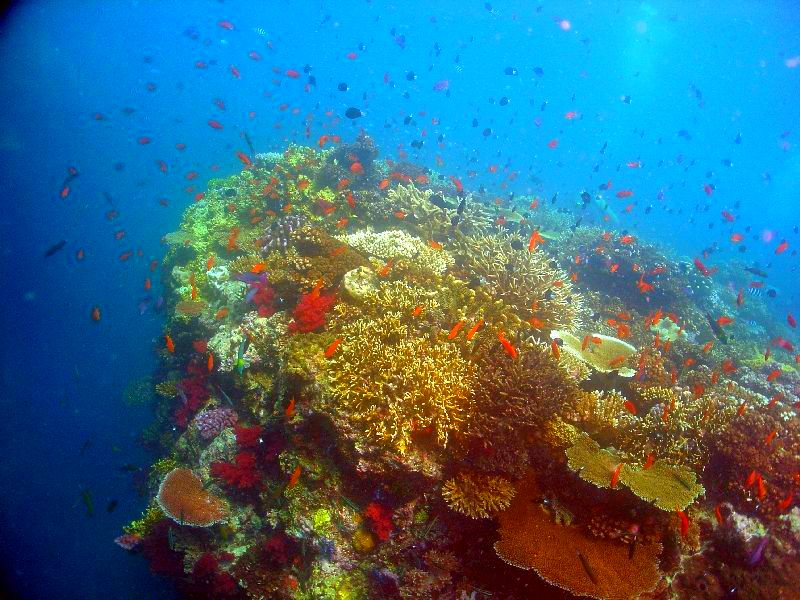
Will Coral Reefs Survive Climate Change?
Coral reefs all over the world are being significantly impacted by climate change; among the main causes of their deterioration are rising temperatures and ocean acidification, both of which are brought on by an increase in atmospheric carbon dioxide levels. It means the future of our coral reefs is currently uncertain, although scientists generally agree that the detrimental effects can be reversed if the underlying causes are addressed quickly. Decisive action is needed soon if we are to save these valuable underwater ecosystems.
Bleaching Of Coral Reefs
Climate change is a leading contributor to coral bleaching, a phenomenon where coral expel their symbiotic algae (known as zooxanthellae), which provide it with its nutrients and colour. Coral reefs are highly sensitive to changes in temperature and water chemistry, and even small increases in ocean temperatures can cause bleaching, making it weaker and more prone to disease and physical damage. Another factor known as ocean acidification, caused by the absorption of carbon dioxide in seawater, leads to a lower pH level and makes it harder for corals to build their calcium carbonate skeletons.
Global Impact Of Coral Reef Destruction
Coral reef decline has significant and wide-ranging global implications, affecting everything from marine biodiversity to human livelihoods. They provide a habitat for a wide variety of marine life and are among the most varied and productive ecosystems on the planet. Coral reefs help support local economies through tourism and fishing while protecting coastal towns from storms and erosion. Their loss could also have a significant effect on the discovery of new scientific knowledge and medications.
Can Coral Bleaching Be Reversed?
Bleached coral can return to its former state and its symbiotic algae may return if the stresses that led to its decline are reduced. The recovery process can be slow, taking many years or even decades, and each species of coral varies in its resilience. Although techniques such as coral farming or transplanting healthy coral fragments into damaged reefs can help, addressing the larger issue of climate change and tackling factors such as water pollution and overfishing will have the largest impact.
Prevention is therefore the best strategy in the battle to save of our coral reefs. Raising and maintaining awareness is key, as is providing education on reefs’ importance and the actions we can take to protect them.
You can find out more about fragile environments and their value to our planet through our flexible Geography IGCSE accredited distance learning course. Get in touch with us today to find out more.